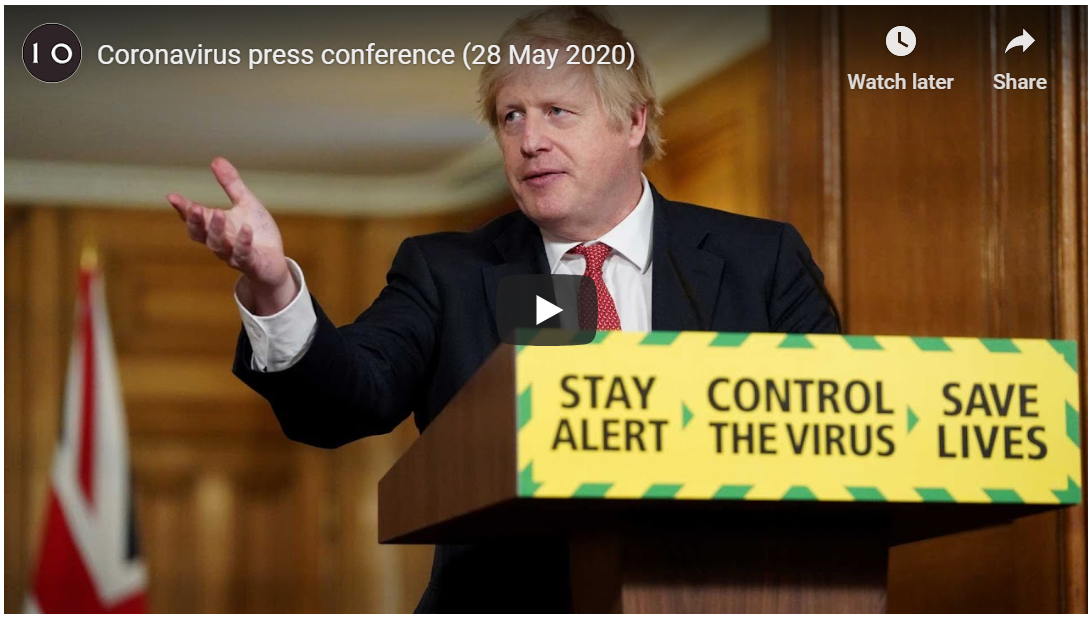On the CGD blog, Nancy Birdsall proposes “Ten Actionable Ideas … for a 21st-Century Global Development Agenda”
What are examples – some realized and some on the table but untested – for practical action in the interests of global prosperity? Where do good ideas come from? How do they get translated into action?
Nancy’s ten:
- More AMCs for vaccines and green technology
- Protect some aid from security and political objectives
- Independent evaluation agency
- More representative G-20
- Visas for people from poor countries
- Duty free, quote free access to all markets
- Per capita distribution of net income from non-renewables
- Reform of selection of heads of international agencies
- World Bank to have a global public good window
- Petrol tax in the US
Ever fizzing with ideas, Nancy throws in a few others: endow think tanks in low-income countries; increase capital at development banks; Climate Investment Funds to bring private investment money; Cash On Delivery Aid; new insurance and risk management instruments at the multilateral development banks.
Well I agree with all those, of course (and not just because I’m a visiting Fellow at CGD!). She asks for other suggestions. Here are my ten:
- Global standards for transparency and traceability of all aid to increase accountability and effectiveness
- Climate justice – every person in the world to have equal, tradeable, carbon emission rights, capped overall at the level scientists tell us is safe
- Global information sharing among tax authorities to prevent tax evasion
- Unbundling of aid funding from aid delivery, complete untying and global standardised output and outcome indicators to enable cost comparisons
- A global minimum income guarantee backed by cash payments to the world’s poorest people
- Product traceability from sweatshop to supermarket using barcodes
- A complete ban on exports of small arms
- A standing, professional UN peacekeeping force to be deployed by a reformed Security Council
- Reform of intellectual property to permit free access in the lowest value markets
- Increasing the share of aid to LDCs from 38% of global aid today to 90% by 2012.
Update 25 February: On Twitter, Nancy Birdsall (@nancymbirdsall) says: “@OwenBarder has 3 more actionable ideas (and 7 dreamy ones)”. This is a good game: which of these does Nancy think are actionable and which are dreamy? My guess is she thinks (1), (3) and (9) are actionable and the rest dreamy. But what do you think?
I think they are all realistic – but then I’m with John Lennon: “You may say that I’m a dreamer, but I’m not the only one. I hope some day you’ll join us, and the wo-o-rld will live as one”.



6 Comments
April · February 24, 2010 at 1:01 pm
Perhaps not surprisingly, I agree with both your list and Nancy’s.
One reservation I have about making the G-20 representative (on a population basis, which is part of what Rueda-Sabater et al are arguing)….would we not want to distinguish between governments which have a stronger vs weaker claim to speaking for their populations?
International political economy is not my field, but I don’t feel that authoritarian regimes should have as much of a voice in “global governance”. If they aren’t elected, and their citizen’s don’t have access to good information about their government’s actions….how can the government really be speaking for them? And I see the aim of reforming the G-20 (and other institutions important for global governance) as precisely to make them more representative of the population of the world.
It’s not directly related to your list, but you made me think of it. So I thought I’d post it.
Jeff · February 24, 2010 at 6:48 pm
That’s a full list. Where do I go to read more on the ideas and mechanisms behind the ideas? #5 strikes me as rather pie in the sky… How do we determine the minimum? Where does the cash come from to make up the minimum? How is it delivered? UN’s peacekeeping track record makes me unenthusiastic about #8.
Hi Jeff – I regret to say that there is not a sufficient number of people researching ideas for development other than the huge army of people working on aid. The best by far is the Center for Global Development in Washington.
Five years ago, the idea of cash transfers would have seemed outlandish. Today it is becoming mainstream, with cash transfer programmes in more and more developing countries. So far from pie in the sky, it is gradually happening though not fast and systematically enough.
Many of the UN’s peacekeeping failings relate to the difficulty it has raising and deploying troops, given the intervention of national governments. That’s precisely why it would be better to have a standing, professional army.
C Montes · February 24, 2010 at 10:18 pm
4. very nice but can’t be done
I find 5. and 6. very original. Well done! And predictably I think 10 would not make any difference
Jeff · February 25, 2010 at 6:53 pm
I know about programs around conditional cash transfers, but no programs that I am aware of to transfer cash on the basis of a guaranteed minimum income. Please tell me where these exist and what the mechanics are. FYI long ago when I worked in northern Mali, the Cooperation Suisse experimented with a program giving out cash unconditionally to villagers. The only discernable impact was an increase in the number of men taking second wives. If we start handing out cash, let’s make sure we give it to the women.
So Many Links « The Everyday Idealist · February 25, 2010 at 10:38 pm
[…] A bunch of actionable ideas for development […]
From Poverty to Power by Duncan Green » Blog Archive » Bureaucrats; discussants; climate-beating technologies; development lists; books save lives; Banksy and the Manganiyar Seduction: links I liked · March 9, 2010 at 9:01 am
[…] Time for some development lists: Nancy Birdsall and Owen Barder give their top ten things to do now to speed up development […]
Comments are closed.